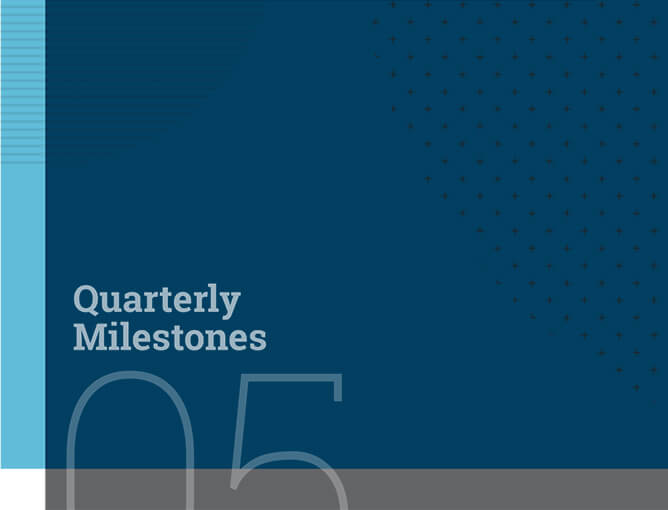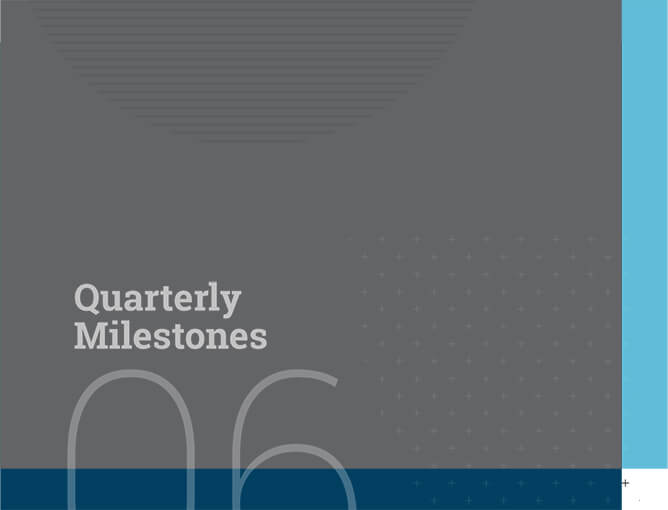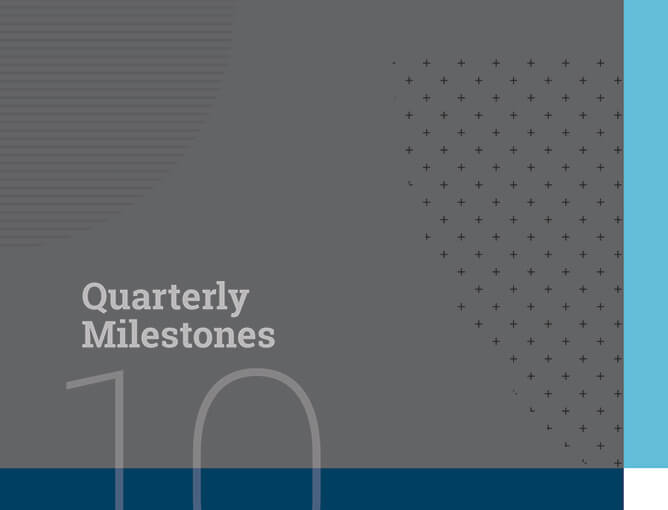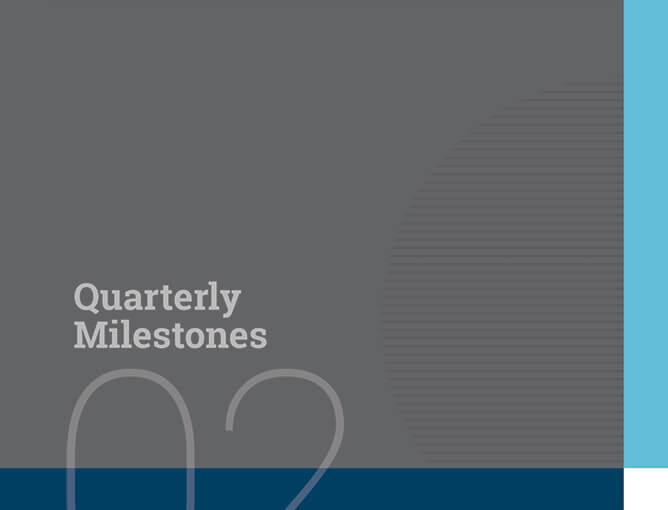
Jyotsna JayaramPartner

Rachana Rautray Senior Associate

Prabal DeAssociate
Key Developments
-
Over-the-top platforms merely hosting the digital feed of a TV news channel are no longer subject to the 26% foreign direct investment cap
In a major relief to over-the-top (OTT) platforms, the government has clarified that the restriction of 26% foreign direct investment (FDI) under the government approval route will not apply when such OTT platform merely hosts the digital feed of a TV news channel (which has relevant permissions) as a medium and makes it available to its subscribers/users. Accordingly, such OTT platforms may freely receive foreign investment under the automatic route up to 100% so long as they are only engaging in mere hosting of these feeds.
This clarification was issued after the Ministry of Information and Broadcasting had received several representations from OTT platforms that only provide a platform for carriage of third-party news and current affairs content of news channels on an 'as-is' basis without any editorial intervention. This is a welcome clarification given that the business models of such OTT platforms have often been likened to direct-to-home or cable service providers who similarly broadcast the feeds of TV channels. Given that TV channels would anyway be required to obtain the necessary uplinking and downlinking permissions and comply with restrictions on broadcasting under the FDI policy, the erstwhile restrictions on the OTT platforms in relation to streaming news content were superfluous.
-
Intermediary Rules amended to regulate online real money games and clamp down on fake news
-
Online gaming
Online gaming intermediaries (OGI) are required to undertake new due diligence obligations such as ensuring that all online real money games (RMG) are verified by a self-regulatory body, undertaking Know Your Customer (KYC) similar to Reserve Bank of India (RBI) regulated entities, and publishing monthly compliance reports. Other classes of intermediaries are also required to take reasonable measures to ensure that only permissible online games (i.e., verified RMGs and online games not required to be verified by the central government) are shared on their platforms or advertised (including via surrogate advertisements).
Under the new amendments to the Information Technology (Intermediary Guidelines and Digital Media Ethics Code) Rules, 2021, OGIs are any intermediaries who ‘enable access’ to their users to online games. The Ministry of Electronics and Information Technology (MEITY) has sought to distinguish online games from RMGs, requiring that only the latter need to be verified with self-regulatory bodies that are representative of the gaming industry and designated as such by MEITY. Casual games not involving any deposit/winnings in cash or kind do not require such verification, unless specifically notified by MEITY. OGIs are subject to due diligence obligations, including some akin to significant social media intermediaries, while the ambit of regular intermediaries’ due diligence obligations has also been expanded.
While MEITY has prescribed guardrails such as self-regulated verification mechanism of RMGs, given that state legislation continue to parallelly regulate online gaming (notably Tamil Nadu and Chhattisgarh have passed bills to regulate online gambling in this quarter), it would be interesting to see the interplay between state and central enforcement authorities as well as compliances that would have to be met by relevant players in the market.
-
Fake news
The government is now also empowered to declare information pertaining to its own business as fake or false – and intermediaries are required to take reasonable measures to prevent their circulation (which may include taking down such content).
However, the composition of the government’s fact check unit (which is responsible for identifying fake news) remains unclear, and in the absence of a specific list or definition, the phrase 'business of the Central Government' could be broadly interpreted.
It remains to be seen how broadly and frequently the government exercises its power and whether online intermediaries, such as social media and messaging platforms, will adhere to these findings in light of their community guidelines and policies on free speech and content moderation.
-
-
Bombay High Court finds online gaming platform to be compliant with foreign direct investment norms as its games did not involve a reward
In a matter involving foreign investment in a gaming platform, the Bombay High Court has ruled that a game of chance does not amount to gambling if it does not involve an accompanying reward. Given that FDI in gambling activities is prohibited, this ruling implicitly indicates that entities that offer games of chance without reward may be permitted to receive FDI.
The case in question, Play Games 24x7 Pvt. Ltd. v Reserve Bank of India and Ors., involved a refusal by the RBI to compound a procedural non-compliance under the Foreign Exchange Management Act, 1999 by the petitioner. RBI had directed Games 24x7 to obtain clarification from the government regarding the legality of their gaming business under FDI norms. While the government argued before the court that the petitioner’s offerings constituted gambling (thereby being a prohibited sector activity), the Bombay High Court found that absent a reward, the petitioner’s games were merely casual/social games and not gambling, and accordingly directed the RBI to consider its compounding application.
While the aforementioned developments on online gaming and content moderation are important hallmarks in this space, the regime is likely to undergo greater overhaul amidst public consultation on the upcoming Digital India Bill. The bill is expected to cover a wide variety of aspects ranging from online trust and safety (including user harm) to re-examining intermediaries’ safe harbour status and introducing a more accountable internet. The government, in line with its latest notification to set up three grievance appellate committees to enable users to appeal decisions of grievance officers of intermediaries, is likely to continue to introduce similar measures to increase accountability in the intermediary space.












